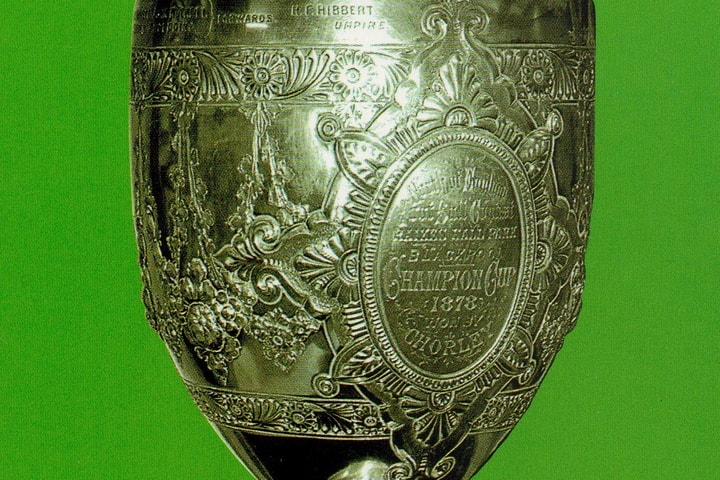As the Six Nations Championship of 2022 approaches, several highly significant clashes await between old rivals. Whichever country you support, the England match against Ireland at Twickenham in March for the Millennium Trophy is likely to be particularly hard-fought.
Ireland's record of success since rugby union's conversion to professionalism in 1995 has been highly impressive if marred only by an inability to get past the quarter-final stage in successive world cups. They have won the 6 Nations Trophy four times since 2000, including two Grand Slams with Triple Crowns in 2009 and 2018, and secured three further Triple Crowns in 2004, 2006 and 2007.
Additional success has been achieved on the European regional stage in the European Rugby Heineken and Champions Cup competitions since 1995-96. Leinster have won the title four times, Munster twice and Ulster once and the Irish provinces have provided the runners-up four times. The secondary competition, the European Rugby Challenge Cup, was won by Leinster in 2013 but it is the principal tournament in which the Irish regions have been so competitive. The fourth province Connacht has never reached such exalted heights and came close to professional extinction when the Irish Rugby Union threatened to alter their status to being a feeder province, but they have provided a stream of excellent players to the Irish side over the last decade.
A statistical comparison with earlier eras is instructive to understand the significance of Ireland's recent record. In the years from 1875 up to the end of the World Cup tournament in the summer of 1995, Ireland played 438 international matches. They won 161 matches, drew 27 and lost 249 with one match against Scotland abandoned way back in 1885. There was just the one Grand Slam in 1948 followed by a Triple Crown a year later. Add in the two Triple Crowns in the 1890s and two further Triple Crowns in the 1980s and, tactfully ignoring the 22 'wooden spoons' collected, that is the sum of honours gained in the first 120 years of Irish rugby matches.
From the autumn of 1995, a very different picture began to emerge. Ireland has played 285 matches between the autumn of 1985 and their resounding victories over Japan, New Zealand and Argentina in November 2021. In total, they have won 171 matches, drawn 5 and lost 109. A quick comparison shows that Ireland won 36.8% and lost 56.8% of their matches pre-professionalism (1875-1995) and has won 60.2% and lost 38% since then. This represents a remarkable turnround and provides clear evidence that professionalism has served Irish rugby well, although supporters remember a rocky patch in the early professional years when three consecutive 'wooden spoons' were gained between 1996 and 1998.










